T: 01822 851370 E: [email protected]
Visit RSN Survey about life in rural England to find out more.
February Edition of Casebook from the Rural Health and Care Alliance
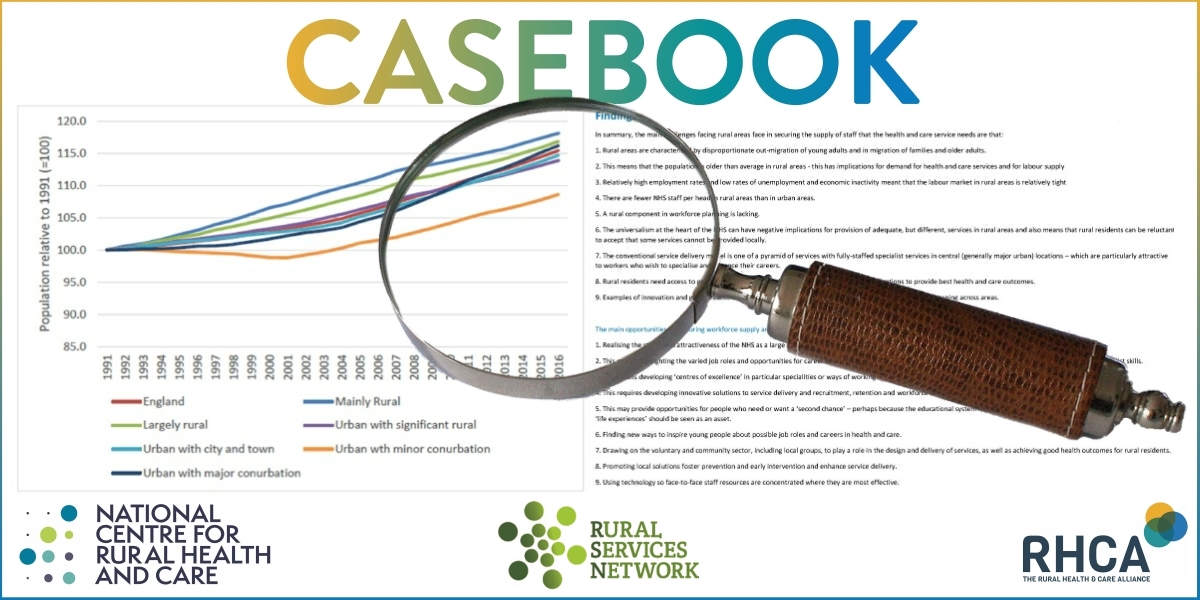
February 2024 Edition
In this edition of Casebook we highlight a joint event with NHS Providers, look at geographical narcissism, learn about mobile dentistry, share an invitation to a free seminar on gender based violence, find out the importance of diagnostics to patients, analyse young people’s thoughts on a career in health, and highlight a successful rural and coastal health research bid. Read on to find out more…
Joint NHS Providers and National Centre for Rural Health and Care Webinar

Nigel Edwards, Chair of the National Centre for Rural Health will be guiding debate at a webinar on Monday 25 March looking at Improving access and engagement for rural and coastal communities.
The webinar will explore:
- health inequalities experienced by rural and coastal communities
- trust-led interventions that have improved access to services, workforce recruitment and retention, and increased engagement with these populations.
These discussions, followed by an interactive Q&As, will allow reflective dialogue between trust leaders to implement effective change for these communities.
The webinar is open to NHS board members and health inequalities leads from trusts, foundation trusts and ICBs.
To book click here.
Geographical Narcissism
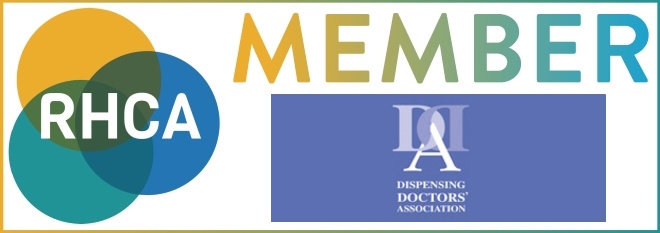
Geographical narcissism. Urbansplaining. These are terms for when people in cities tell people in rural areas what is good for them – and we need to stop doing that.
Those were the words of BMA Scotland chair Dr Iain Kennedy speaking to the Health, Social Care and Sport Committee in December during its inquiry into healthcare in remote and rural areas.
For dispensing GP practices, who generally operate in rural areas, there are widespread examples of urbansplaining in health policy:
- Multidisciplinary teams (MDT): in rural areas challenges include inadequate funding for the excess costs of staffing, inadequate infrastructure to support the MDT, as well as problems with retention due to a lack of housing, schooling and job opportunities for partners
- Pharmacy First services: insufficient pharmacists and business viability challenges in rural areas
- Electronic Prescription Service (EPS): insufficient rural-proofing of programme specification and roll-out
New pharmacy services and IT developments such as the EPS offer important advantages to patient convenience and safety, and business efficiencies for the NHS and the healthcare professional.
However, thanks to geographical narcissism, no thought has been given to how the existing rural network of providers of pharmaceutical services (dispensing GPs) might be supported to step in to fill the inevitable void in rural areas to be left by the development of pharmacy services.
Efforts to improve the stability of the pharmacy network, and increase GP capacity, for example, the current consultation on pharmacy supervision - GOV.UK (www.gov.uk), will count for very little in areas where there are no pharmacists. Ditto the roll-out of Pharmacy First services. When thinking about alleviating the financial pressures facing pharmacies, did any politician stop to wonder how dispensing GPs who share the same financial pressures – but who are excluded from delivering Pharmacy First – might be able to reassure their rural patients of their future financial stability?
Almost two decades ago, NHS England made the mistake of excluding dispensing GPs from the EPS. Now Scotland and Wales look set to repeat the error, exacerbating rural inequalities.
Rural areas have unique challenges and these need unique solutions. It’s high time the urbansplaining stopped and proper rural-proofing started.
Dental Recovery Plan targets rural access with mobile services

The NHS recently unveiled its Dental Recovery Plan, a comprehensive strategy aimed at addressing the longstanding issues plaguing the NHS dental service. This initiative, backed by a £200 million investment, promises to revolutionise access to dental care across England, with a particular focus on enhancing services in rural areas and for underserved communities.
At the heart of the plan is the launch of the "Smile for Life" programme, designed to improve oral health throughout the life course, with special attention on young children. This involves supporting Family Hubs and early years settings to promote good oral hygiene and deploying mobile dental teams to schools in rural and under-served areas to deliver preventative treatments to over 165,000 children.
Additionally, the plan outlines measures to make access to dental care faster and fairer, including rolling out dental vans to rural and coastal communities and introducing a new patient payment scheme to increase access for new patients.
Andrew Lewer, the MP for Northampton South, raised concerns at Prime Minister's Questions last week about the specifics of the plan. He emphasised the need for detailed attention to how these initiatives would impact rural areas. The introduction of dental vans is a significant component of the strategy, aimed at extending dental care to the most isolated communities, addressing the issue of "dental deserts" where access to dental services has been historically limited.
Dental professionals have responded positively to the plan's aims to reduce tooth decay and improve oral health, especially among children. The Royal College of Surgeons of England welcomed the introduction of the "Smile for Life" programme and the efforts to make NHS dental work more attractive to dental teams. However, there's an acknowledgment that it will take time to see the full benefits of these initiatives.
Kerry Booth, Chief Executive of the Rural Services Network:
"The Dental Recovery Plan is a significant stride towards eliminating the disparities in dental care in our rural communities. We know that there are areas where NHS dentists are almost non-existent, leaving rural residents without easy access to health services. By introducing dental vans and enhancing service accessibility, the Government is not just addressing immediate needs but laying the groundwork for a healthier, more equitable future. This initiative aligns with our Winning The Rural Vote campaign, advocating for fairer funding and equal healthcare opportunities for all rural residents. It's a step towards ensuring that rural health care is not left behind but is moving forward, in line with our vision for comprehensive and accessible services across all communities."
National Rural Mental Health Forum examining gender based violence
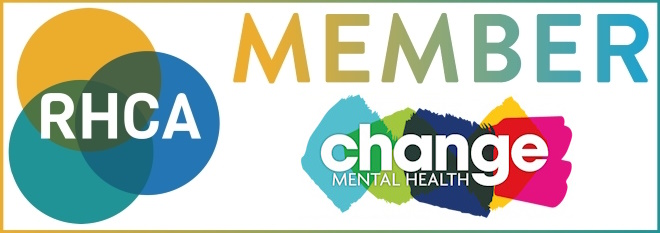
The National Rural Mental Health Forum, run by the mental health charity Change Mental Health, continues its online seminars tackling some of the pressing issues in rural communities.
On the 28th of February at 11am, the Forum shall hear from Robert Gordon University on the prevalence of gender-based violence in remote, rural and island communities. There shall be opportunities to engage with this research and consider actions needed.
Professor Sara Pedersen of Robert Gordon University (RGU) states:
“Despite the fact that one-fifth of the Scottish population lives in remote, rural and island communities, there has been limited research into the impact of Gender-Based Violence in these areas. The challenges already faced by victim-survivors were further heightened by COVID-19 and lockdowns. Stress factors such as having to work from home, concerns about health and money, and having to homeschool children, all meant that tensions were heightened during the pandemic. At the same time, lockdown conditions were used by abusers to intensify or conceal their violence.
Researchers from RGU will discuss the findings of a study investigating the impact of the COVID-19 pandemic on partnerships between the police and Gender-Based Violence service providers in rural, remote and island communities in Scotland at the National Rural Mental Health Forum online seminar on 28 February. The project outputs include a short film, which will be shown during the event.”
The Forum shall also hear from the charity Perennial, which supports those in the horticultural industry.
Emily Currie, Programme Manager, Health Prevention at Perennial highlights that
“Perennial is the UK’s only occupational charity dedicated to helping everyone who works in horticulture, and their families. By horticulture we mean anyone working with plants, trees, grass or flowers. Perennial’s Services Team is aiming to inform, educate and influence horticulture workers to be proactive about their health and wellbeing, financial wellbeing, and their careers and skills. These areas have been prioritised based on a 2021 industry-wide Survey. This Survey showed mental health in the industry to be an issue where 85% of people scored below average or poor for their mental wellbeing. The team are looking at evidence-based early intervention solutions to address this issue. They are aiming to build the health literacy of workers, so they take preventative actions to protect their mental wellbeing and seek help early. The Team will discuss their two-year Mental Health First Aid pilot project and the impact it is having, as well as the free and confidential advice, information and support offered by Perennial to horticultural community.”
If you wish to join this free online seminar, then please register here:
http://tinyurl.com/NRMHF-FEB24
Patient experience of diagnostics
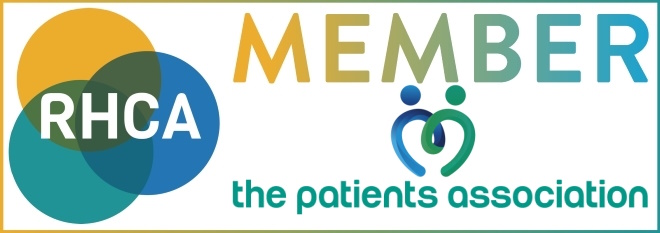
A recent Patients Association report found that patients view diagnostics as a fundamental part of the NHS and one that should be prioritised over the coming years. They want to see greater prioritisation and investment in testing services. Other key findings include:
- 93% want increased investment in testing capacity
- 88% want a realistic timeframe for their test results to come through.
- 77% would be happy to test themselves at home.
And in keeping with previous Patient Association research, 78% of respondents would be willing to travel outside their local area for tests if it meant faster access to tests.
Based on analysis of the survey data, recommendations call for expanding community diagnostic hubs, increasing transparency on wait times, and more.
Read the full report here.
Young people still interested in health careers, but many are put off

The Nuffield Trust recently analysed findings of a Survey by Universities UK on young people’s interest in health care degrees and in working in the NHS. It was found that there is still significant interest in these careers, but that many are being put off by perceptions of work-related stress, low pay and poor work/life balance.
Almost three in four young people are considering or have considered a career in healthcare (73%). However, one in eight respondents were unfamiliar with the variety of career options within the NHS beyond becoming a nurse or doctor.
Many young people spoke of altruistic motivations for pursuing a healthcare career, with respondents saying improving the lives of others (46%) and having a rewarding career (40%) are the most important factors.
However, low pay was the most frequently raised issue that would put students off embarking on a healthcare career, cited by nine in ten (90%) respondents. (Other common reasons were lack of flexibility or work-life balance (82%), and pressure or stress (79%).
To find out more click here.
University of Lincoln secures £10.9M for Rural and Coastal Health Research
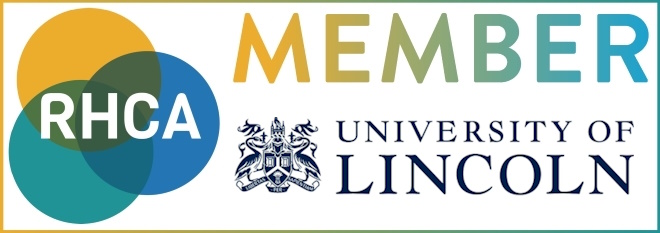
The University of Lincoln has secured a £10.9m grant to conduct research on health issues affecting rural and coastal communities. The areas in question experience shorter life expectancies and higher rates of preventable conditions. The funding aims to establish a groundbreaking institute in the city dedicated to addressing these inequalities.
Prof Mark Gussy, a representative from the university, emphasised the importance of equal outcomes and opportunities regardless of one's place of residence.
Prof Gussy, serving as a global professor in rural health and social care, highlighted the institute's commitment to addressing urgent place-based inequalities.
Covering 85% of the UK population and housing around 10 million people, rural and coastal communities face unique challenges. Lincolnshire, with over 50 miles of coastline and wetlands, stands out as one of the largest counties grappling with these issues.
The university pointed out that apart from differing health outcomes, residents in these areas confront significant challenges such as deprivation and the repercussions of climate change. These factors contribute to elevated rates of preventable conditions, increased visits to accident and emergency services, and shorter life expectancies.
The funding, granted by UK Research and Innovation's Expanding Excellence in England, reflects a crucial investment in addressing health disparities in these communities and fostering comprehensive research on rural and coastal health and wellbeing.
We’d love to hear from you - share what you’re proud of
If you have something, you would like us to feature in a future edition, please let us know by clicking here to send us an email.
Spread the word
If you know of other organisations that you think would benefit from joining the Rural Health & Care Alliance, please click here to email us and let us know.
RURAL SERVICES NETWORK
Up to date news on Health and Care
The Rural Services Network provides a useful source of themed news content and data. Check out the latest news on Health & Wellbeing and Vulnerability, where you’ll find articles on a diverse range of rural issues affecting rural communities. You might also find this research on Over 65 Population Projections useful too.
Latest from RSN Member Insights
RSN Member Insights is the place to discover the statistics that define communities within our membership. It is regularly updated with new analyses, and these will be highlighted in the 'What's New' section of the RSN's Weekly Rural Bulletin. The Rural Bulletin also provides a selection of the most rurally topical news items, so do subscribe and encourage your colleagues to subscribe to what is an invaluable weekly periodical.
To make a suggestion of data that would benefit you by being included in the Member Insights section, please email Dan Worth, our Research and Performance Analyst, at [email protected].
| The Rural Health & Care Alliance is a membership organisation administered by the Rural Services Network on behalf of the National Centre for Rural Health & Care. Explore the RHCA service below: |
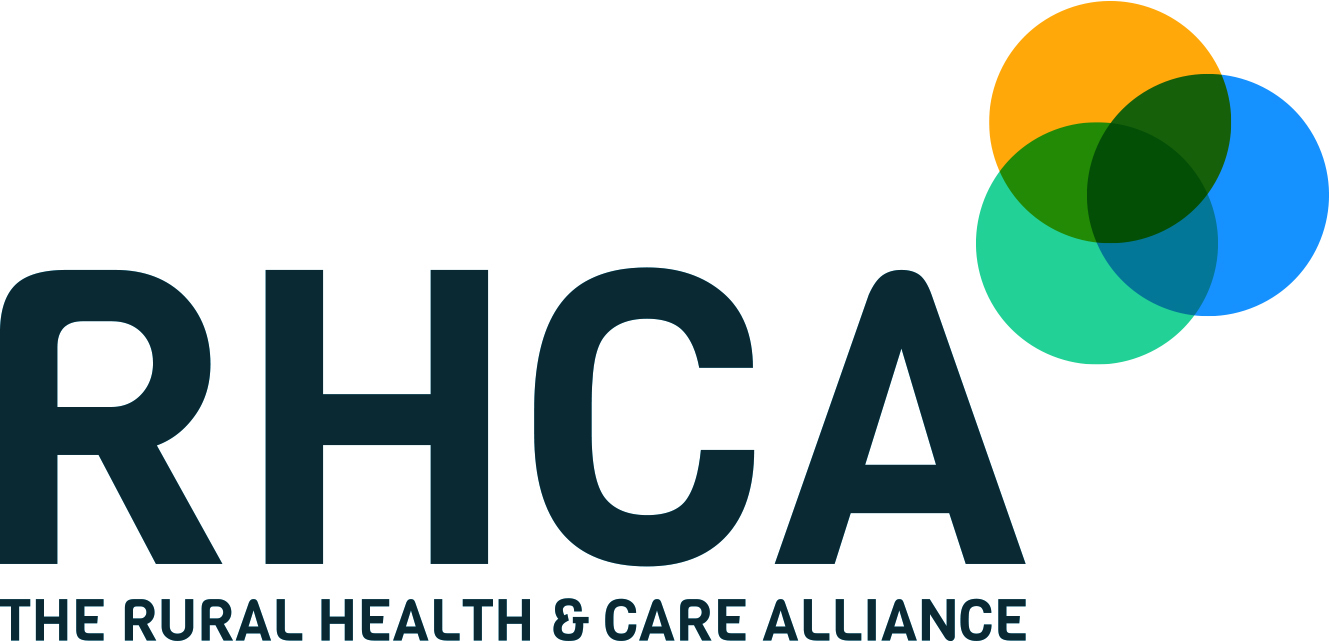 |
 |
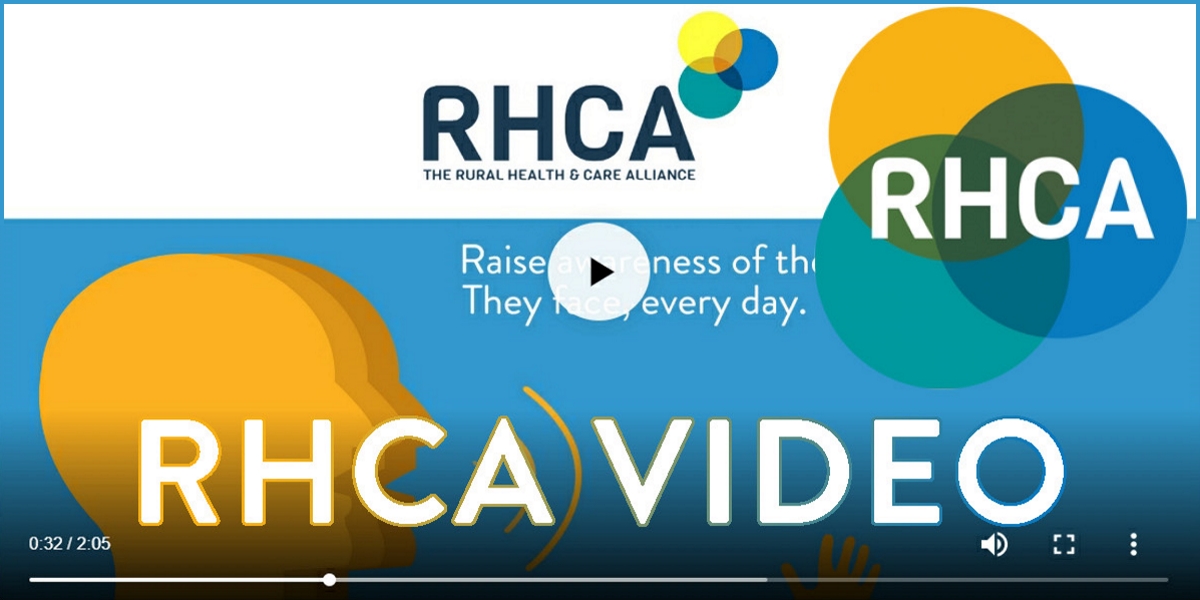 |
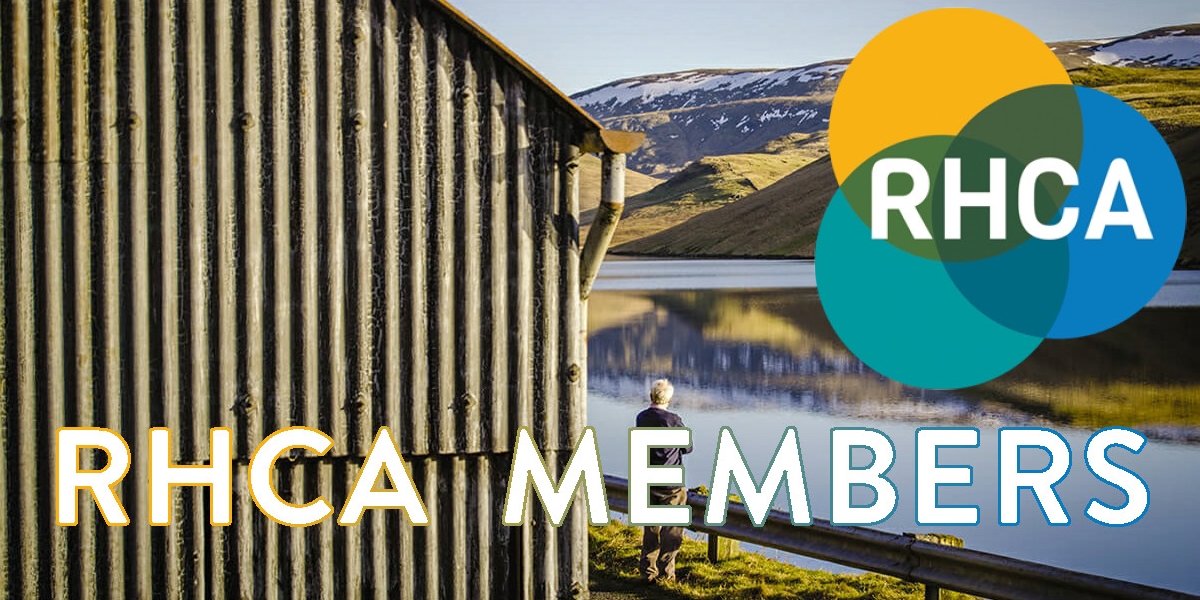 |
 |
 |
 |
 |
 |
 |



